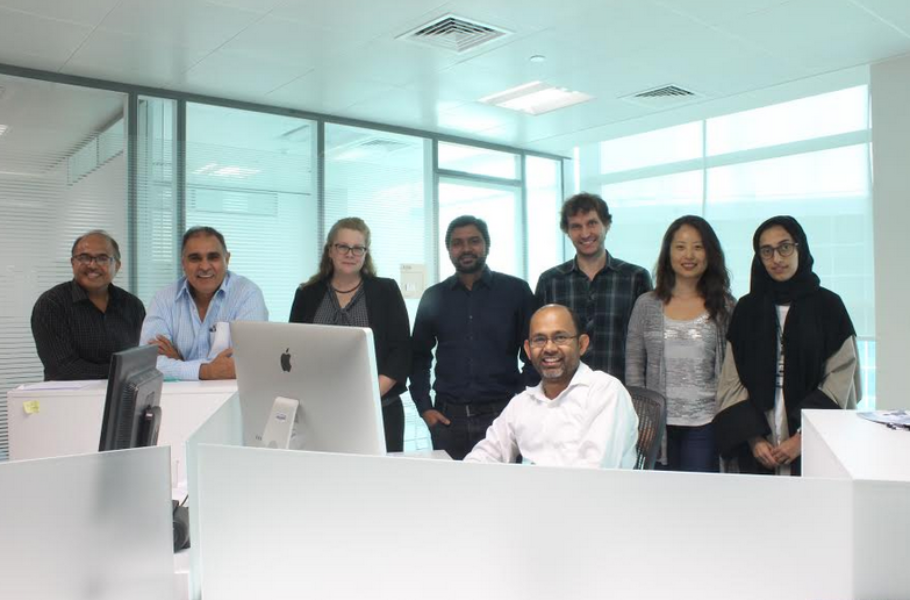
The Qatar Computing Research Institute (QCRI), one of Hamad bin Khalifa University’s three research institutes, has been invited to showcase some of its technology at the inaugural World Humanitarian Summit in Istanbul later this month.
The summit, organized by the United Nations Office for Coordination of Humanitarian Affairs (UN OCHA), aims to propose solutions to humanitarian challenges around the globe. It will bring together governments, ,people affected by humanitarian crises, humanitarian organizations and businesses.
QCRI’s Artificial Intelligence for Disaster Response (AIDR) technology and MicroMappers will feature at the summit’s Innovation Marketplace during the event on May 23rd and 24th. Only 100 global innovations have been selected.
QCRI Executive Director Dr. Ahmed Elmagarmid said QCRI, a non-profit research institute, planned to highlight the difference that partnerships between researchers, digital humanitarians and communities could make, as well as collect input on how the technology could support other attendees at the summit.
Dr. Elmagarmid said: “It is part of our mission to be a global leader of computing research in areas that will bring a positive impact to the lives of citizens and society.”
AIDR and MicroMappers were deployed following last month’s earthquake in Ecuador, the 2015 Nepal earthquake, Cyclone Pam in Vanuatu the same year, and with typhoons Hagupit and Haiyan in the Philippines in 2014 and 2013.
The tools use data to provide insights for humanitarian responders following emergencies. AIDR collects and categorizes social media data. This can be combined with news and aerial imagery information from MicroMappers, a community that analyzes data using a tagging system. MicroMappers is a collaboration between UN OCHA and the digital humanitarian NGO, Standby Task Force.
QCRI has also partnered on the project with organizations including the Qatar Red Crescent Society, Reach Out To Asia (ROTA), the United Nations Development Programme (UNDP), the United Nations Educational, Scientific and Cultural Organization (UNESCO) and the United Nations Children’s Emergency Fund (UNICEF) to improve the technology and address common research questions.
Follow us on our social media channels:
![]() @ILQlive
@ILQlive
![]() @ILQlive
@ILQlive
![]() @ILoveQtr
@ILoveQtr
![]() ILoveQatar
ILoveQatar

You have successfully registered your account!
Please confirm your e-mail address by clicking on the URL sent to you.The e-mail usually arrives in 5-10 minutes.
How ajeeb was that!? Thanks for contributing to our community! Your post will appear after we take a quick look!